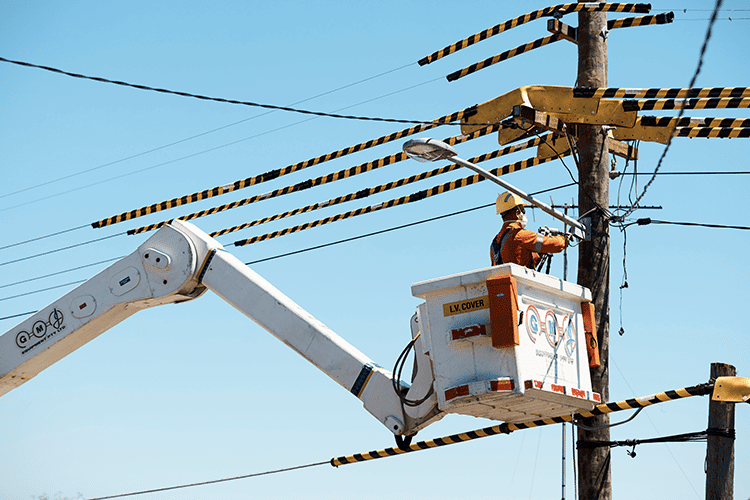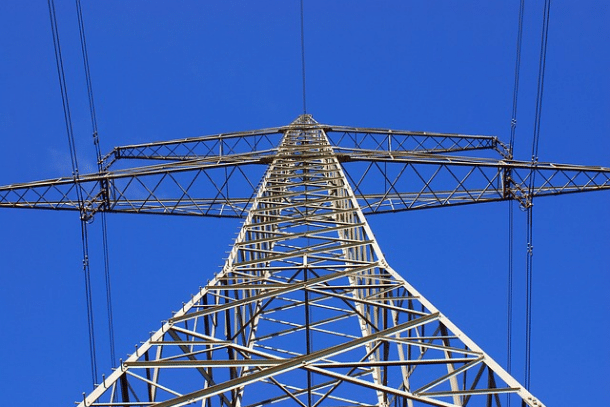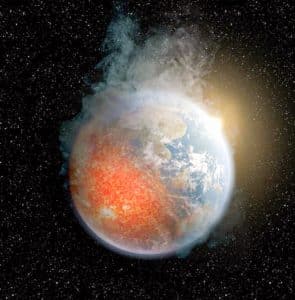In Australia, there are various DNSPs for every state and, frequently, more than one for each state, so you need to be familiar with yours.
Navigating the Australian energy landscape involves understanding the diverse Distribution Network Service Providers (DNSPs) assigned to each state. With this awareness, you can make informed decisions about your energy choices. If you’re considering solar options, exploring solar quotes from reputable providers like Energy Matters can be a valuable step. By obtaining quotes tailored to your specific needs, you gain insights into sustainable energy solutions that align with your location’s unique requirements. This knowledge empowers you to make environmentally conscious choices while adapting to the intricacies of your local energy infrastructure.
What is DNSP?
DNSP stands for Distributed Network Service Provider. DNSPs are sometimes called supply authorities, electricity distributors, energy networks, or utilities. They are the company in charge of the energy network’s physical infrastructure, including the poles, cables, substations, and transformers that are made up of transmission and distribution networks. Lower voltage electricity from transmission networks is then delivered to end users.
The different electricity distributors in Australia are listed in the following table.
| State/Territory | Distribution Network | Location |
|---|---|---|
| ACT | Essential Energy | A small portion of the ACT, plus the Queanbeyan area |
| EvoEnergy | Most of the ACT | |
| NSW | Ausgrid | Inner, northern & eastern metropolitan Sydney and surrounds |
| Endeavour Energy | Southern/western metropolitan Sydney and surrounds | |
| Essential Energy | Country & regional NSW, southern regional QLD | |
| NT | Power and Water Corporation | All of NT |
| QLD | Energex | Brisbane, Gold Coast, Sunshine Coast & surrounds |
| Ergon Energy | Country and regional QLD | |
| SA | SA Power Networks | All of South Australia |
| TAS | TasNetworks | All of Tasmania |
| VIC | CitiPower | Melbourne City and inner suburbs |
| Powercor | Western suburbs and western Victoria | |
| Jemena | Northern and south-western suburbs | |
| AusNet | Outer northern and eastern suburbs and eastern Victoria | |
| United Energy | Southern suburbs and Mornington Peninsula | |
| WA | Horizon Power | Rural Western Australia |
| Western Power | South West Interconnected System |
What about the energy retailer?
The business that bills you for consuming electricity and connecting to the energy system is known as an electricity supplier.
Electricity suppliers, often known as utility or electrical providers, energy retailers, or power companies, are in charge of billing customers, typically on a monthly or quarterly schedule.
Australia has more than 30 electrical providers operating in regions with a deregulated energy market. It indicates that private enterprises are free to enter and sell energy to homes and businesses in most states (and territories) or regions within a state.
Here are quick ways to determine which energy retailers supply power to your property:
- Check your most recent energy bill.
The good news is that it shouldn’t be too difficult to find out who your electricity supplier is if you’ve just forgotten. Check your emails or that drawer you use for stray papers for a recent bill. You can see which provider you are with right at the top.
It is AGL in the situation below. You are an AGL customer.

- Call your electricity distribution network.
You can still take steps to determine which provider is registered to your address if you find yourself in a real bind and can’t find an old bill or get in touch with previous bill-payers. You should be aware that you receive your electricity through a location-based distribution network rather than the retailer of your choice. The bill’s logo is all that is there.
You may learn which energy provider is sending bills to your address by picking up the phone and calling the appropriate electricity distributor.
- Speak with the last person to pay the bill.
If the responsibility for paying the power bill has just been passed on to you, you’ll ask the last person to manage it to fill you in on what you need to know. To get the bill transferred into your name, you’ll need more information than simply the name of the energy provider, which requires updating your bank information and entering your email address.
And if you recently moved into a new home and are unsure of your overall energy situation, it may be worthwhile to speak with your landlord or real estate agent, who can advise you on what to do.
Why is it important to know my distributor?
The distributor’s responsibility for maintaining the entire energy infrastructure makes them the first contacts for any problems. If your system is experiencing power interruptions, the distributor should take care of it — not the retailer. Some distributors will list any service scheduled on their site and notify you if there may be a problem.

Your solar PV system to the grid
Connecting your solar system to the grid is usually straightforward but might require extra work. Although your solar retailer will manage this procedure for you, we advise applicants to confirm that the retailer has obtained DNSP pre-approval before installation.
This ensures that when your solar system is installed, your meter is changed to read any solar energy exported to the grid, making it possible for you to be granted permission to connect to the grid.
A technician from your DNSP will need to visit your home if it is suggested that your meter has to be physically altered. This will cost you money and show up on your electricity bill. If this is necessary, your solar retailer will be able to let you know. You can sell any excess energy generated to the grid through your electricity retailer after your system is operational and connected to the grid. The sum you get is known as a feed-in tariff.
Energy Matters can connect you with our trusted local installers, who will provide up to 3 FREE solar quotes for your home and business solar energy system.












































